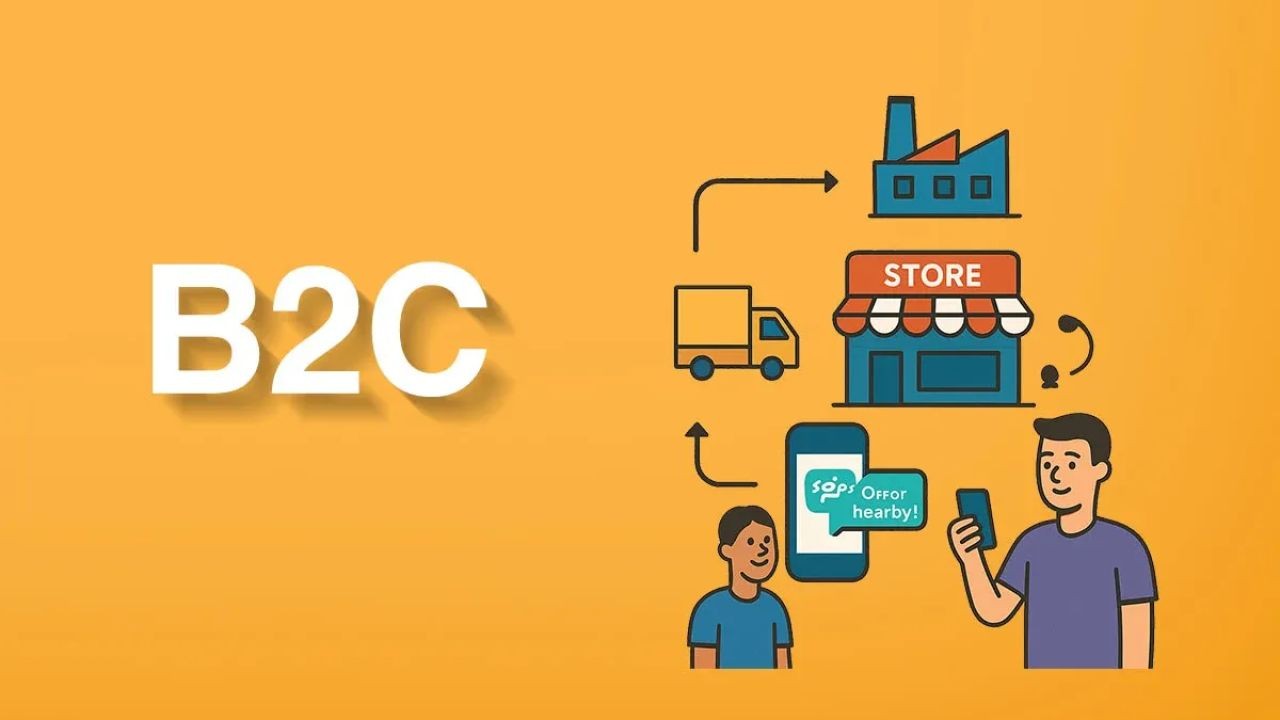In the rapidly evolving landscape of financial transactions in Australia, the question of cash versus digital payments is more pertinent than ever. With technological advancements and changing consumer behaviors, understanding the future of money in Australia is crucial for businesses and policymakers alike. This article explores the current trends, implications, and future predictions for cash payments and digital transactions in the Australian economy.
Current Landscape of Cash and Digital Transactions in Australia
Cash payments have been a long-standing part of the Australian economy. However, the advent of digital transactions has significantly altered the financial ecosystem. According to the Reserve Bank of Australia (RBA), cash payments accounted for only 27% of all consumer payments in 2022, a dramatic decline from 69% in 2007. This shift highlights a growing preference for digital payments among Australian consumers.
Case Study: The Rise of Digital Payments
One notable example of this transition is the Commonwealth Bank of Australia (CBA). In 2023, CBA reported a 40% increase in digital payment transactions, coinciding with a 15% decline in cash withdrawals across its ATM network. This shift was attributed to the bank's strategic investment in digital infrastructure and the growing consumer confidence in digital payment security. This trend is further supported by a study from the Australian Bureau of Statistics (ABS), which found that 80% of Australians owned a smartphone in 2023, facilitating easy access to digital payment platforms.
Pros and Cons: Cash Payments vs. Digital Transactions
Pros of Cash Payments
- Privacy: Cash transactions offer a level of privacy not available with digital transactions.
- Universal Acceptance: Cash is accepted almost everywhere, making it reliable in situations where digital payments may not be possible.
- No Fees: Cash payments eliminate the transaction fees often associated with digital payments.
Cons of Cash Payments
- Security Risks: Cash is susceptible to theft and loss.
- Inconvenience: Handling and transporting large amounts of cash can be cumbersome.
- Lack of Traceability: Cash transactions lack the traceability that digital transactions provide, which can be a disadvantage for budgeting and financial tracking.
Pros of Digital Transactions
- Convenience: Digital payments offer unparalleled convenience, allowing for quick and easy transactions.
- Security: Advanced encryption technologies make digital transactions secure.
- Traceability: Digital transactions provide detailed records, aiding in personal and business financial management.
Cons of Digital Transactions
- Technical Issues: Reliance on technology means transactions can be disrupted by technical failures.
- Privacy Concerns: Digital payments can potentially expose personal data to cyber threats.
- Transaction Fees: Certain digital payment methods incur fees, which can accumulate over time.
Regulatory Environment and Future Implications
The Australian Competition & Consumer Commission (ACCC) and the Australian Prudential Regulation Authority (APRA) play pivotal roles in shaping the regulatory landscape for digital payments. Their oversight ensures consumer protection, enhances security standards, and fosters innovation in the financial sector.
Looking ahead, the RBA's New Payments Platform (NPP) is set to revolutionize the digital payment space by enabling real-time payments. This initiative is expected to further diminish cash usage, as more businesses and consumers embrace the speed and efficiency of digital transactions.
Case Study: Impact of the NPP
The introduction of the NPP has already shown promising results. For instance, a pilot program involving Westpac Bank demonstrated a 25% reduction in transaction processing time, leading to increased customer satisfaction and operational efficiency. This success story underscores the potential of digital payment innovations to reshape the Australian financial landscape.
Debunking Common Myths
Myth: "Cash is king in Australia."
Reality: While cash was once dominant, digital transactions have overtaken cash in volume and value, indicating a shift in consumer preferences.
Myth: "Digital payments are inherently unsafe."
Reality: With advancements in encryption and cybersecurity, digital payments offer robust security measures that often surpass those of cash transactions.
Myth: "Digital payments exclude older generations."
Reality: The ABS reports that digital payment adoption among Australians aged 65 and over has increased by 30% since 2020, reflecting growing digital literacy across age groups.
Future Trends and Predictions
The future of money in Australia is undoubtedly digital. By 2028, it's projected that 90% of transactions will be digital, driven by technological advancements and changing consumer habits. The integration of blockchain technology in financial services is anticipated to enhance transaction security and efficiency further.
Moreover, the rise of Buy Now, Pay Later (BNPL) services presents new opportunities and challenges. As more Australians opt for BNPL, businesses must adapt to this evolving landscape to remain competitive.
Conclusion
In conclusion, the future of money in Australia is poised for a digital transformation. While cash will likely retain a niche role, the benefits of digital transactions in terms of convenience, security, and efficiency are too significant to ignore. Businesses and consumers must stay informed and adapt to these changes to thrive in this new financial era.
Are you ready to embrace the future of money in Australia? Share your thoughts and experiences with digital payments in the comments below!
People Also Ask
How does the shift to digital transactions impact Australian businesses?
Australian businesses that adopt digital transactions report increased efficiency and customer satisfaction, with some experiencing a 25% reduction in transaction processing time.
What are the biggest misconceptions about digital payments in Australia?
A common myth is that digital payments are unsafe. However, advancements in encryption and cybersecurity have made digital transactions highly secure.
Who benefits the most from the rise of digital transactions?
Digital transactions benefit businesses, consumers, and financial institutions by enhancing convenience, security, and operational efficiency.
Related Search Queries
- Future of digital payments in Australia
- Impact of cashless society in Australia
- Digital payment trends in 2025
- Cash vs digital payments Australia
- RBA digital currency initiatives
































KaylaDamon
8 months ago